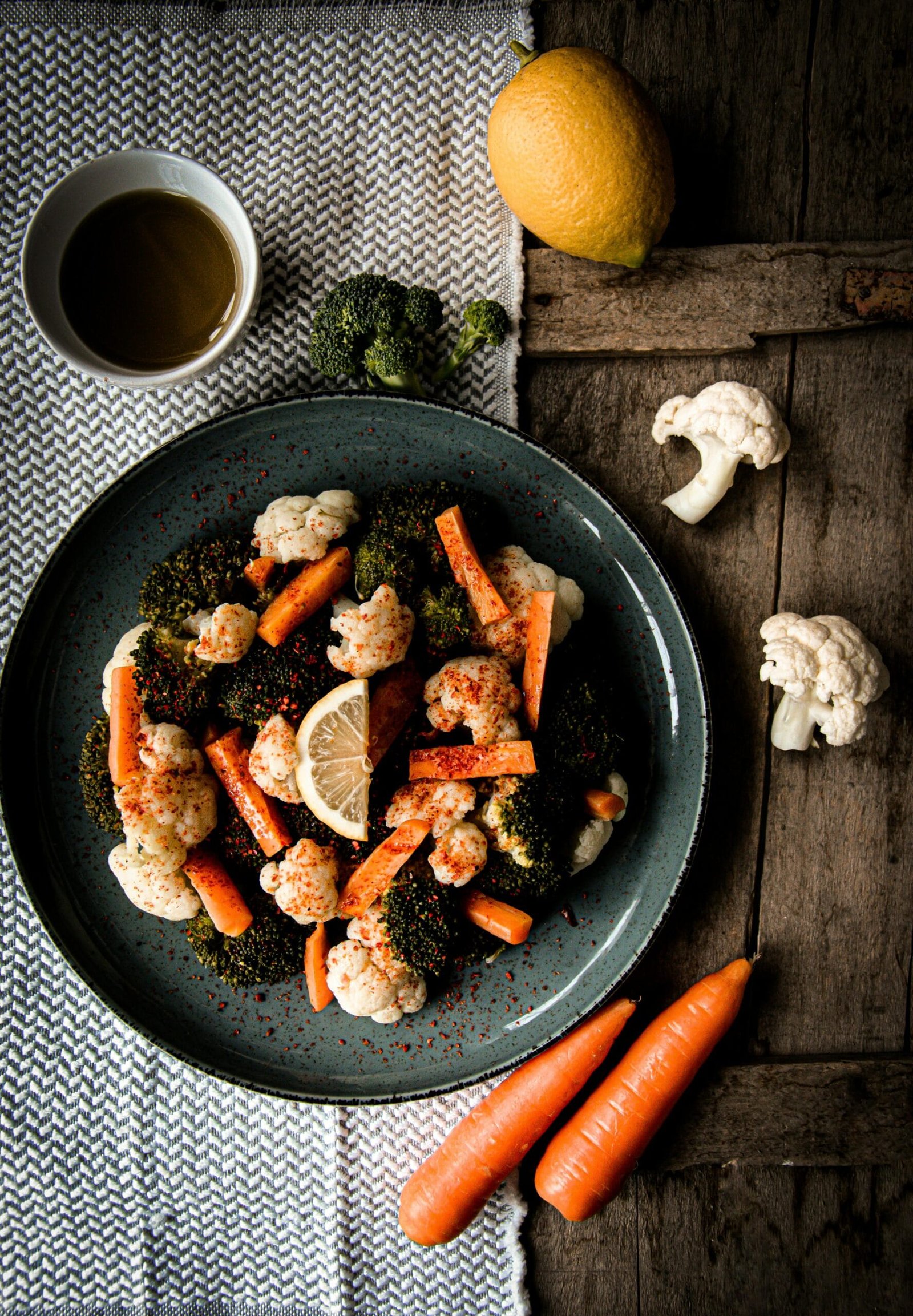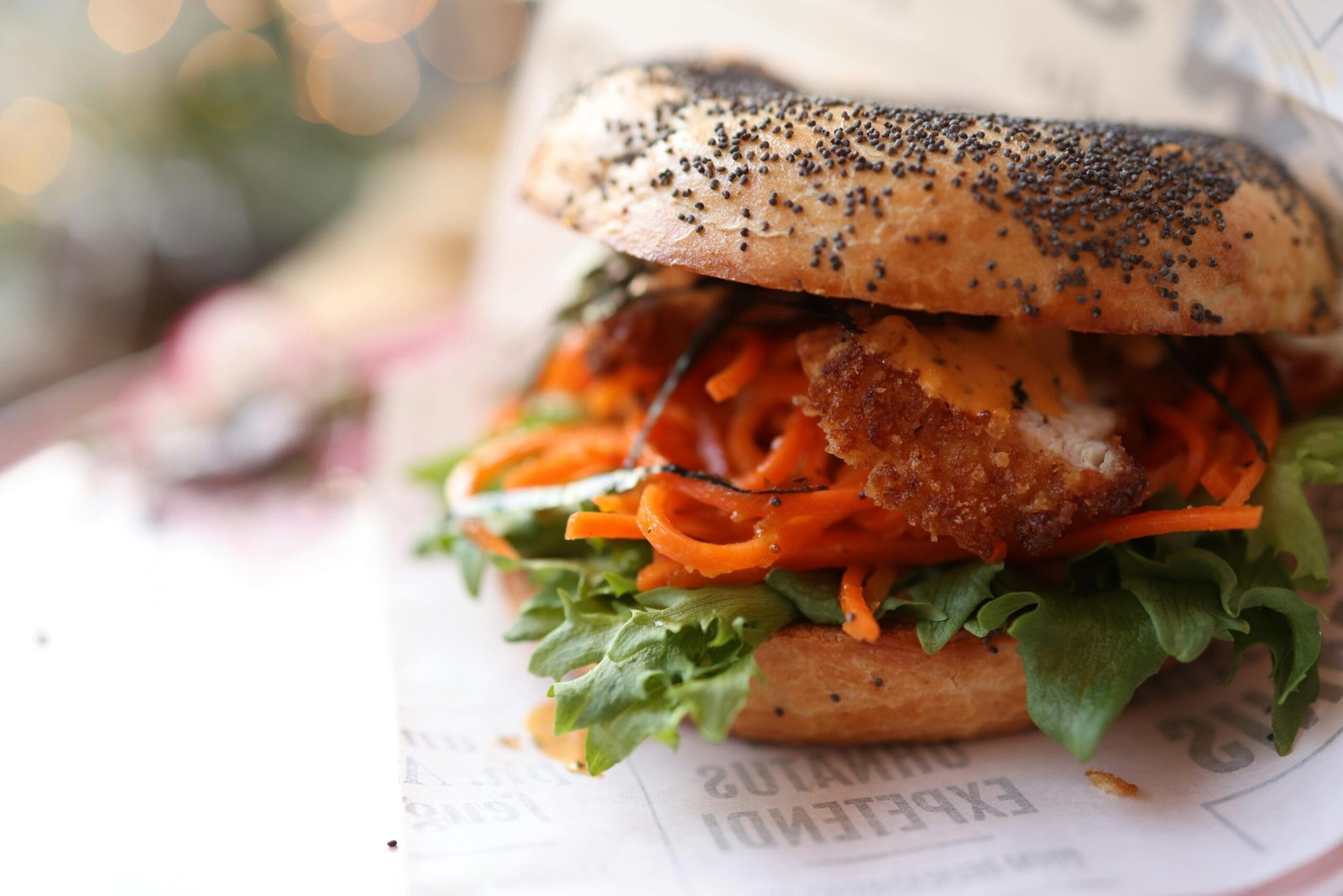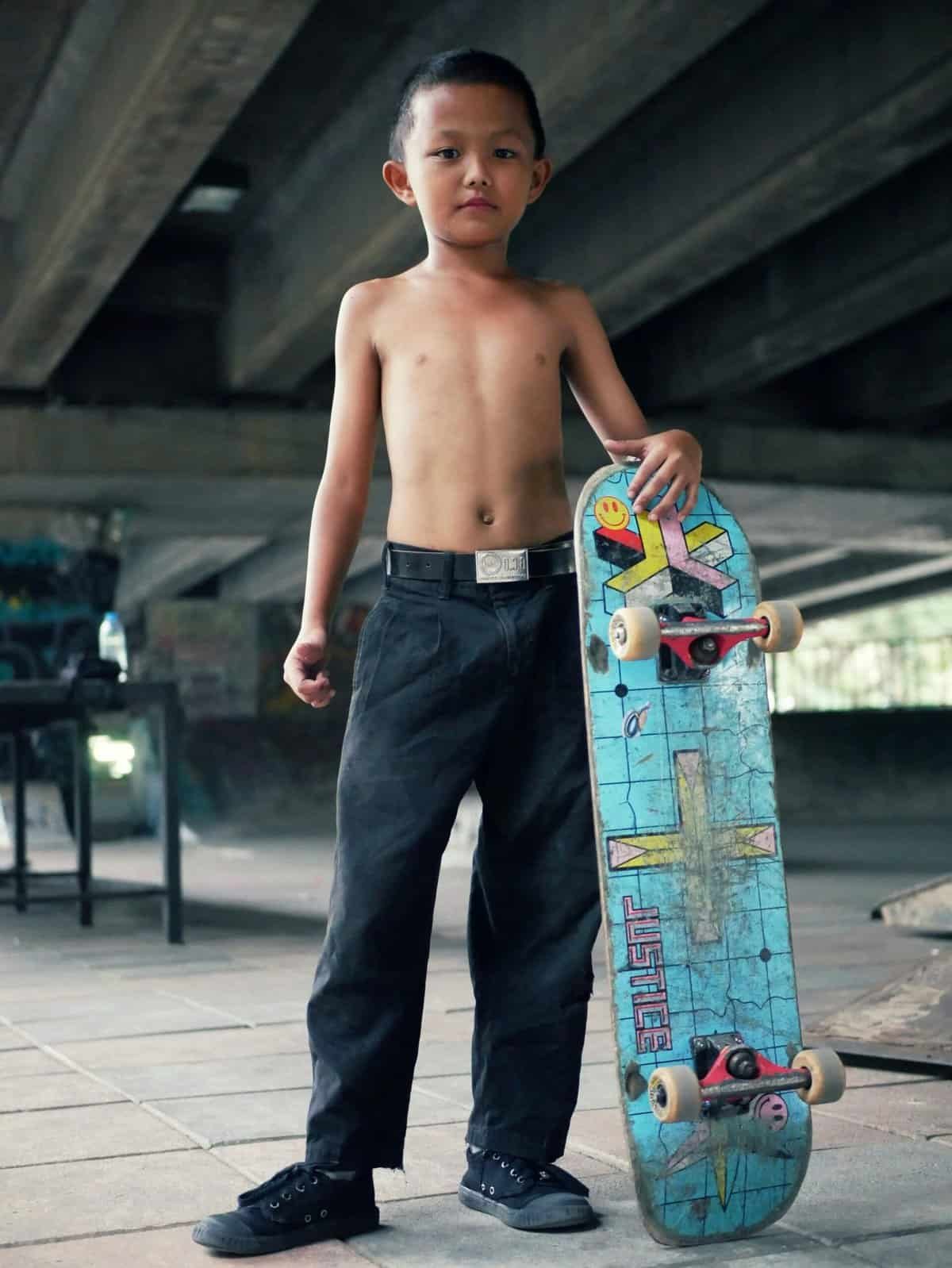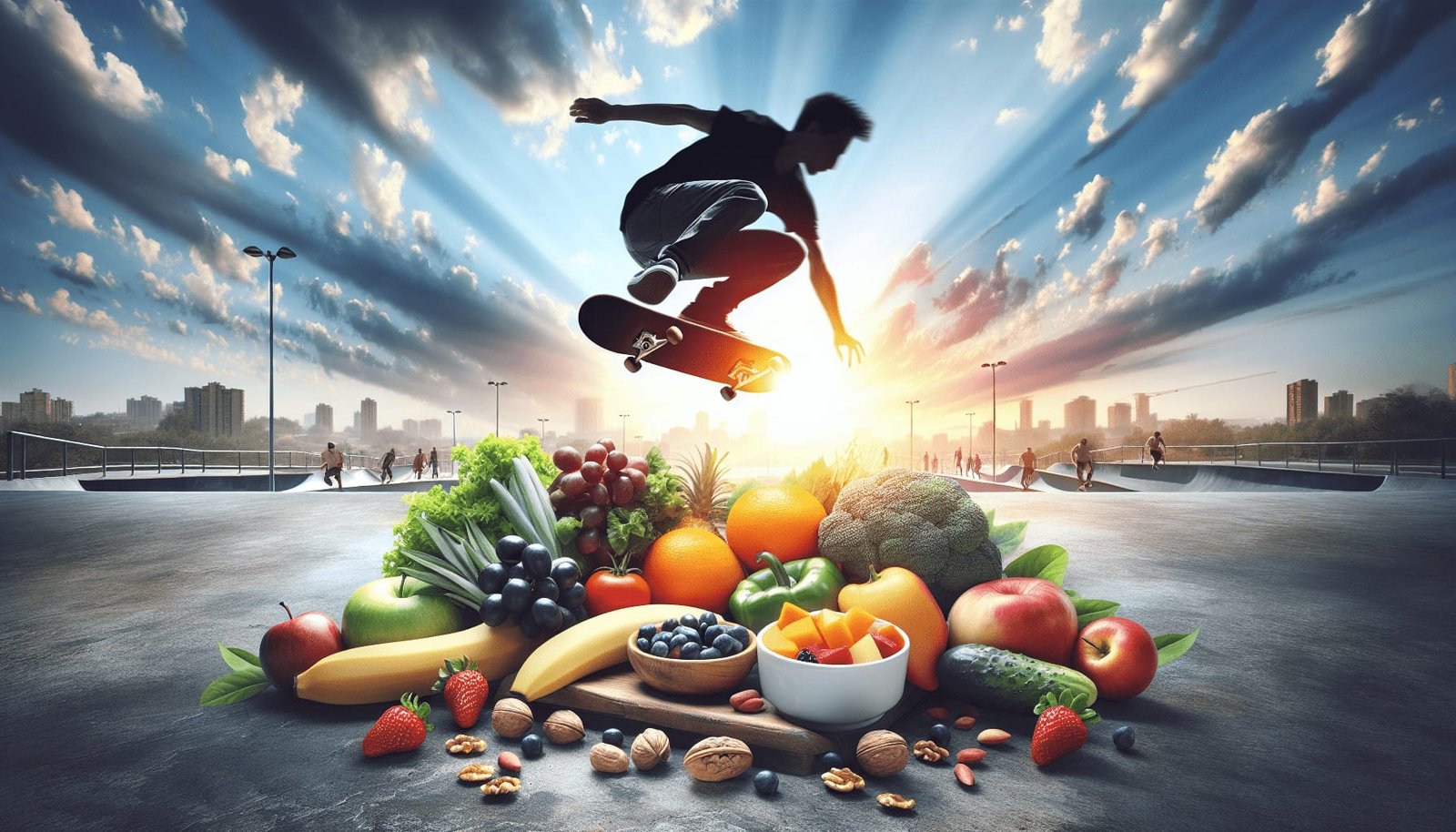Have you ever wondered what fuels your performance on the skateboard? Nutrition plays a crucial role in maintaining energy levels and optimizing your physical abilities. For skateboarders, whether you’re just starting out or tail skating the advanced tricks, maintaining a balanced diet can significantly impact your performance. Let’s look into the specifics of how your daily intake can support you in achieving your skateboarding goals.

The Importance of Diet in Skateboarding
Skateboarding is more than just a sport; it’s a demanding physical activity requiring strength, flexibility, and endurance. Feeding your body with the right nutrients can enhance your concentration, improve recovery times, and increase your energy levels. So, what exactly does a skateboarder need in their diet?
Why Diet Matters
You may not think of diet as crucial to something as active and spontaneous as skateboarding, but it can make all the difference in the world. Without adequate nutrition, you might find yourself unable to practice effectively, prone to fatigue, or susceptible to injuries. Your diet impacts how you feel, how well you perform, and most importantly, how quickly you can rebound from your sessions.
Your Energy Needs
Skateboarding is a high-energy sport; thus, it demands a steady and sufficient supply of energy. Skateboarders should focus on a diet that helps them sustain energy levels throughout the day. Carbohydrates, fats, and proteins all provide energy, but they are metabolized at different rates, influencing your performance and recovery.
Macronutrients That Support Skateboarding Performance
A macronutrient-balanced diet is your body’s powerhouse of energy, endurance, and recovery. Your body primarily uses carbohydrates for energy, proteins for recovery and muscle building, and fats for sustained energy.
Carbohydrates: Your Energy Engine
Carbohydrates are your first source of energy and are crucial for performing those gravity-defying tricks. They are stored in your muscles and liver as glycogen and are quickly converted to fuel your workout. Incorporate a variety of complex carbs like whole grains, fruits, and vegetables into your meals.
- Whole grains: Brown rice, quinoa, and whole-wheat pasta
- Fruits: Bananas, apples, and berries
- Vegetables: Sweet potatoes, carrots, and broccoli
Proteins: Your Recovery Aid
Proteins are crucial for repairing and building muscle tissue. This is particularly important after an intense skateboarding session. Protein-rich foods also help keep your muscles strong and resilient, which is key in avoiding injuries.
- Lean meats: Chicken, turkey, and beef
- Plant-based: Lentils, chickpeas, and tofu
- Dairy: Low-fat yogurt and milk
Fats: For Sustained Energy
Despite what you might think, fats are an important part of your skateboarding diet. They provide long-lasting energy, helping you stay sharp during long skate sessions. Opt for healthier fat sources to maximize performance benefits.
- Healthy oils: Olive oil and coconut oil
- Nuts and seeds: Almonds, chia seeds, and flaxseeds
- Fish: Salmon and sardines
Micronutrients and Their Roles in Skateboarding
While macronutrients provide energy, micronutrients ensure that your body efficiently carries out vital functions. Vitamins and minerals facilitate various biochemical processes, including muscle contraction and nerve transmission.
Essential Vitamins
Essential vitamins like B-complex, C, and D play pivotal roles in energy production, immune function, and bone health. Rich in antioxidants, they help reduce muscle soreness and accelerate recovery.
- Vitamin B: Found in nuts, seeds, and spinach
- Vitamin C: Citrus fruits, strawberries, and peppers
- Vitamin D: Eggs, fortified cereals, and tuna
Crucial Minerals
Calcium and magnesium are essential minerals, incredibly important for muscle function and bone health. They aid in preventing cramps and fractures that are common in the demanding activity of skateboarding.
- Calcium: Dairy products, leafy green veggies, and tofu
- Magnesium: Whole grains, dark leafy greens, and nuts
Hydration: Stay Refreshed and Ready
Staying hydrated is as essential as covering distances with your board. Dehydration can result in fatigue, dizziness, and cramps, drastically affecting your performance. So, why is hydration crucial for skateboarders?
Importance of Staying Hydrated
Skateboarding in parks or open spaces under the sun causes sweat and leads to water loss. Keeping hydrated maintains energy levels, keeps reflexes sharp, and assists in effective temperature regulation.
Hydration Tips for Skateboarders
- Drink water consistently throughout the day.
- Keep a water bottle on hand during skate sessions.
- For long sessions, consider electrolyte-enriched drinks.

Timing Your Meals: When to Eat for Optimal Performance
When you eat is just as important as what you eat. Proper meal timing can aid in ensuring you have the energy and nutrients needed before, during, and after skating.
Pre-Session Nutrition
Before hitting the skate park, consume a meal rich in carbohydrates and protein for energy and muscle support. Aim to eat about 1–2 hours before your session. A balanced meal example could be:
- Whole grain bagel with peanut butter and a banana.
- Oatmeal topped with berries and almonds.
During Your Skate Session
If you’re involved in longer skate sessions, it’s essential to maintain your energy levels. Quick and easy snacks high in carbohydrates can keep you fueled:
- Energy bars or granola bars
- Fruit, such as bananas or dates
- Sports drinks for fluid and replenishment
Post-Session Recovery
After an intense skateboarding session, focus on restoring glycogen stores, repairing muscles, and rehydrating. A meal with carbohydrates, proteins, and fluids should be consumed within 1-2 hours after skating.
- Grilled chicken sandwich and a side of mixed fruit.
- Smoothie with spinach, protein powder, and berries.
Supplements: Are They Necessary?
While a balanced diet is critical, some skateboarders consider supplements to ensure they reach their nutritional targets. Before diving into supplements, it’s important to assess your specific needs.
Common Supplements for Skateboarders
The following supplements may be beneficial but should be approached with careful consideration and preferably under professional guidance.
- Protein powders: Helpful for meeting protein needs, especially post-session.
- Multivitamins: Assist in covering any dietary gaps in essential nutrients.
- Omega-3s: Support joint health and reduce inflammation.
Things to Keep in Mind
Supplements aren’t a substitute for a balanced diet. They should be used to complement your nutrition when necessary. Ensure any supplements you choose are high-quality and certified by reputable organizations.

Creating Your Skateboarding Nutrition Plan
Adapting your nutrition to best fit your skateboarding needs can feel like a daunting task. Here’s how you could frame your plan:
Daily Meal Breakdown
Breakfast: Power Start
Focus on balanced meals that enrich your glycogen stores and prepare you for the day’s activities.
- Whole grain oats topped with fresh fruits and nuts.
- Scrambled eggs on whole grain toast.
Lunch: Midday Refuel
Incorporate balanced meals rich in both carbohydrates and protein to sustain energy and promote muscle repair.
- Grilled chicken with quinoa and a mixed veggie salad.
- Lentil soup with a side of whole grain bread.
Snacks: On-the-Go Energy
Snacks should be convenient yet nutritious, supplying energy and satisfying hunger pangs between meals.
- Greek yogurt with honey and a handful of berries.
- Mixed nuts or a trail mix of dried fruits and seeds.
Dinner: Recovery and Restore
Focus on meals that promote muscle recovery and replenish energy stores.
- Baked salmon with roasted sweet potatoes and steamed broccoli.
- Pasta with turkey meatballs and a side of green beans.
Weekly Nutrition Tracker
A table can help you visualize and adhere to your nutrition plan, ensuring you’re covering all necessary food groups and timing meals efficiently.
| Day | Breakfast | Lunch | Dinner | Snacks |
|---|---|---|---|---|
| Monday | Oatmeal with fruits | Grilled chicken salad | Salmon with veggies | Mixed nuts, yogurt |
| Tuesday | Scrambled eggs, toast | Quinoa, lentils salad | Pasta with meatballs | Fruit smoothie, seeds |
| Wednesday | Smoothie bowl | Turkey wrap, mixed veggies | Stir-fried tofu, rice | Energy bar, apple slices |
| Thursday | Whole grain pancakes | Vegetable sandwich | Chicken stir-fry | Almonds, banana |
| Friday | Greek yogurt, berries | Baked potato, chicken breast | Chili with black beans | Trail mix, carrot sticks |
| Saturday | Avocado toast, eggs | Sushi rolls | Grilled beef, green beans | Protein shake, orange |
| Sunday | Whole wheat wrap, kale | Salmon burger | Lentil curry, brown rice | Rice cakes, peanut butter |
Conclusion
Your diet and nutrition strategy is an ever-evolving partnership to your skateboarding prowess. By focusing on macro and micronutrients, timing your meals wisely, staying hydrated, and supplementing when necessary, you’re setting a strong nutritional foundation for optimal skateboarding performance. Create your nutrition plan tailored to your needs, and watch as your skating transitions and tricks reach new heights. Happy skating, and may your nutrition keep you rolling smoothly and confidently!

